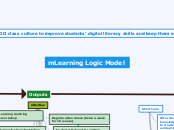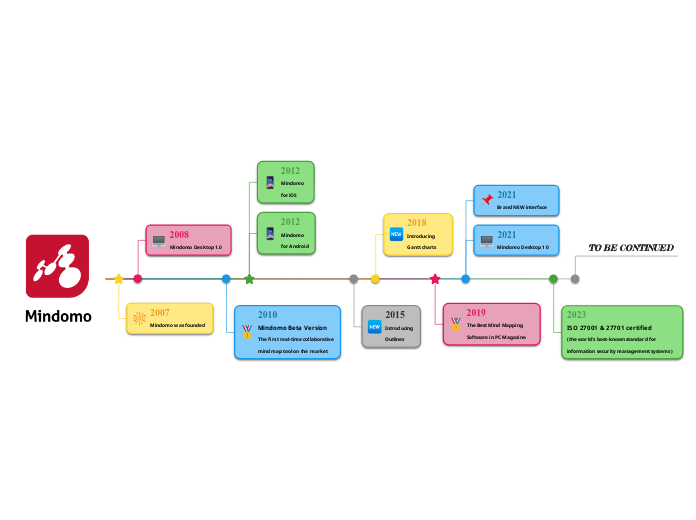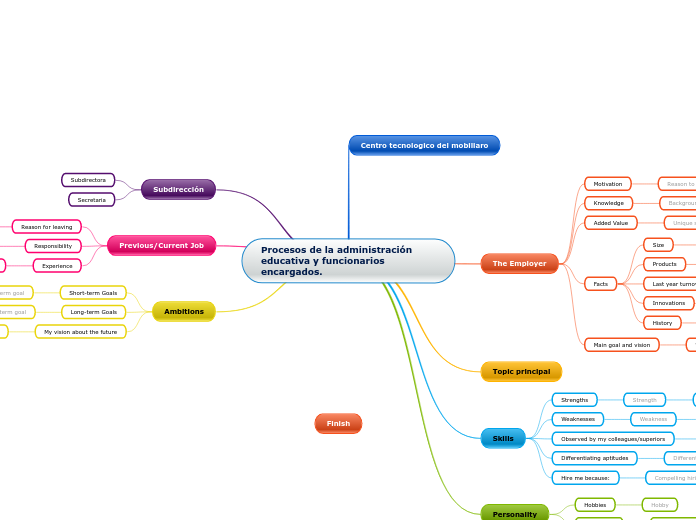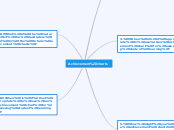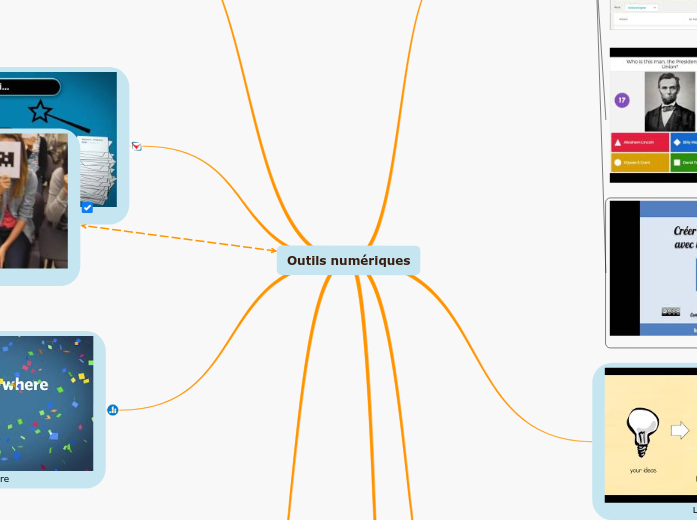jonka Audrey Antee 9 vuotta sitten
489
mLearning Logic Model
The initiative aims to enhance students' digital literacy by implementing a BYOD (Bring Your Own Device) class culture. Through structured short, medium, and long-term outcomes, the program seeks to engage students more effectively in their studies, leveraging their familiarity with personal devices.
